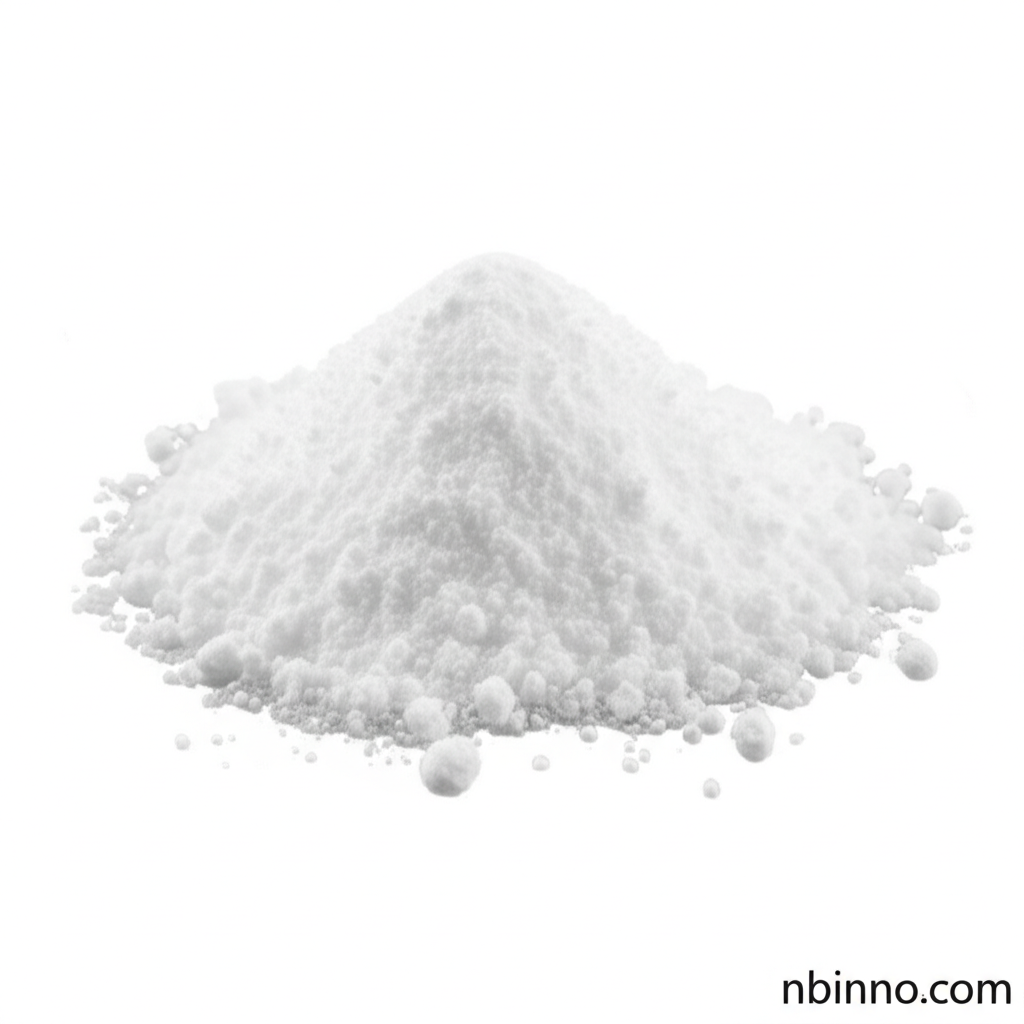DL-1,4-Dithiothreitol: Your Essential Reducing Agent for Research
Discover the power of DL-1,4-Dithiothreitol in maintaining protein integrity and enhancing biochemical processes.
Get a Quote & SampleProduct Core Value

DL-1,4-Dithiothreitol
DL-1,4-Dithiothreitol (DTT) is a critical reagent in biochemistry and molecular biology, renowned for its ability to efficiently reduce disulfide bonds. This action is vital for preserving the native conformation and activity of proteins, preventing unwanted dimerization of thiol groups, and ensuring the stability of sensitive biomolecules.
- This DL-1,4-Dithiothreitol reducing agent is crucial for preventing protein oxidation, ensuring that your experimental results are reliable and reproducible in complex biochemical studies.
- Leverage DTT for protein disulfide reduction to stabilize enzymes and maintain their optimal functionality, a key aspect for successful research outcomes.
- Understand what is DTT used for beyond basic reduction: its role in maintaining enzyme activity is paramount for enzymatic assays and bioprocessing.
- The applications of DTT in nucleic acid research are significant, protecting DNA and RNA from degradation and oxidation during various manipulation steps.
Key Advantages
Superior Reduction Power
As a potent reducing agent, DL-1,4-Dithiothreitol effectively cleaves disulfide bonds, essential for processes like protein renaturation and preventing aggregation in biomolecular research.
Enhanced Protein Stability
By maintaining SH groups in their reduced state, DTT plays a vital role in maintaining protein stability and preventing the loss of biological activity, a critical factor in experimental design.
Broad Applicability
The versatility of DTT extends across numerous applications, from enzyme assays and electrophoresis to protecting thiol-containing compounds from oxidation, making it a staple in molecular biology labs.
Key Applications
Biochemistry & Molecular Biology
DL-1,4-Dithiothreitol is indispensable for maintaining the reduced state of thiol groups, crucial for experiments studying protein structure, function, and interactions.
Protein Folding Studies
It aids in preventing incorrect disulfide bond formation, thereby facilitating correct protein folding and ensuring the biological activity of recombinant proteins.
Enzyme Stability Enhancement
DTT protects enzymatic activity by keeping essential cysteine thiol groups in their reduced state, which is critical for enzyme kinetics and stability assays.
RNA and DNA Research
Used to prevent nucleic acid oxidation and degradation, ensuring the integrity of genetic material during isolation, manipulation, and analysis.
